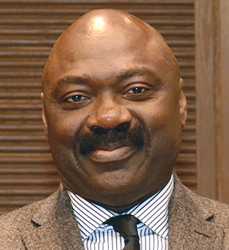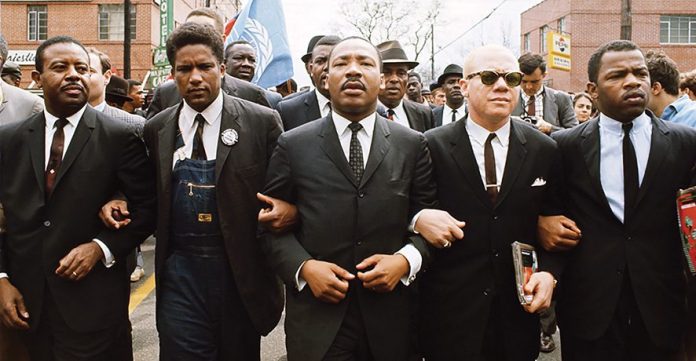Johannesburg -During a visit to Washington DC in 1962, Cameroon’s founding president, Ahmadou Ahidjo, informed president John F Kennedy of his displeasure over racism in the US.
Ahidjo praised the leadership of the National Association for the Advancement of Colored People, the oldest African-American civil rights organization, for its willingness to unite with Africa “to fight against the evils of racial discrimination, injustice, racial prejudices, and hatred”.
He later wrote that: “Each time a black man [and woman] is humiliated anywhere in the world, all Negroes the world over are hurt.” President Ahidjo called for a united front between Africans and African-Americans to confront racism. He was not the first post-colonial African leader to make such a request.
Ghana’s founding president Kwame Nkrumah’s Pan-Africanism was a message about black upliftment and unity, and his close ally, Sekou Touré of Guinea advocated similar objectives. Those calls for a crusade against racism were deeply rooted in the best of African nationalism.
[membership level=”1″]On the other side of the Atlantic, calls for collaboration to end racism were also taking place, advocated by Rev Martin Luther King Jr and many in his generation. Africans and African-Americans must rekindle the spirit of cooperation that existed among black nationalists over half a century ago to counter the rising tide of racism in the US.
King’s knowledge of Africa was initially peppered with the usual beliefs of African backwardness. But a trip to Ghana was transformative. In 1957, Nkrumah invited him to his country’s independence ceremony.
During the ceremony, King “started weeping … crying for joy” when the British flag was replaced with the Ghanaian flag. He spoke of the endurance, determination and courage of the African people.
Later, King noted that Ghana’s independence “will have worldwide implication and repercussions – not only for Asia and Africa, but also for America”.
This gave African-Americans new insights about the anti-colonial struggle.
Increasingly, King saw parallels between the anti-colonial movement in Africa and the civil rights struggle in the US. European colonialism and segregation in the US were both “systems of evil”.
He called for them to be defeated.
While racial segregation remained entrenched in America, the tide of independence was changing quickly in Africa. In 1960, 17 African nations gained independence. In the article The time for freedom has come, King praised the independence movement in Africa while blasting the slow pace of change in the US. He urged African governments to do more to support the civil rights struggle of “their brothers [and sisters] in the US”.
The 1960s and 1970s were decades of remarkable collaboration and cooperation between Africans and African-Americans. American political leaders took note of this collaboration. Kennedy, the first American president to treat Africa with respect, created a more informed US foreign policy towards African nations.
Kennedy’s policy was later abandoned by his successors, some of whom reverted to referring to Africans as “genetically inferior”. This coincided with a deep level of ignorance about Africans by African-Americans and vice-versa. The type of relations and advocacy forged by King’s generation had evaporated.
But the tide may be changing. There was renewed interest following the release of the movie Black Panther that showed black people as a capable, determined, and possessed civilization.
Following the murder of George Floyd, the African Union publicly condemned the US for its continuous racism.
This new position may rekindle the spirit of cooperation that characterized the King era. A major part of ending racism in the US is to learn about the role Africa played in shaping the idea of the West and Africa’s contributions to global civilizations. That knowledge will implode myths of Africa’s backwardness and incapability. It is up to African-Americans to champion that conversation.
What King said about Africa as full of “rich opportunities”, inviting African-Americans to “lend their technical assistance” to a rising continent remains as true today as it was nearly 60 years ago. The failure to do so has ceded the ground to those who exploit the continent.
- Amin is a professor in the department of history at the University of Dayton. This article was originally published in The Conversation.

To read more political news and views from this week’s newspaper, click here.
Follow @SundayWorldZA on Twitter and @sundayworldza on Instagram, or like our Facebook Page, Sunday World, by clicking here for the latest breaking news in South Africa. To Subscribe to Sunday World, click here.
Sunday World



